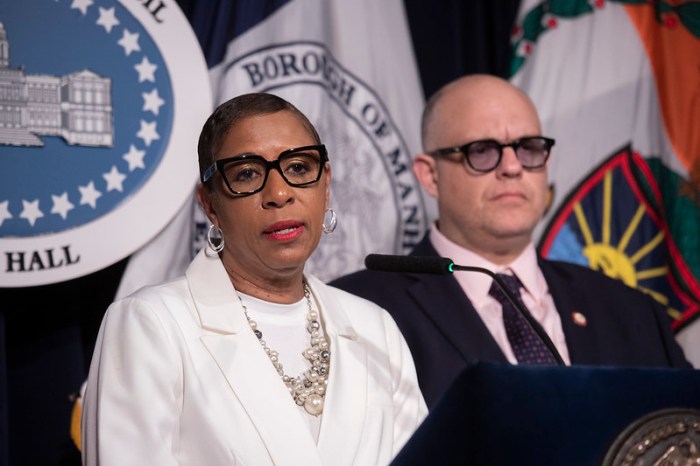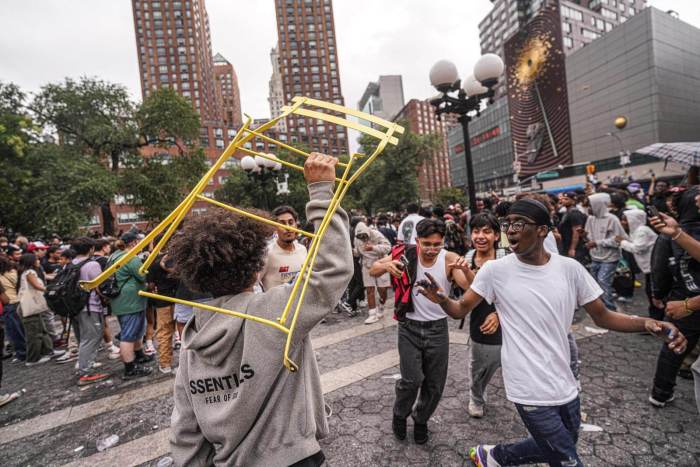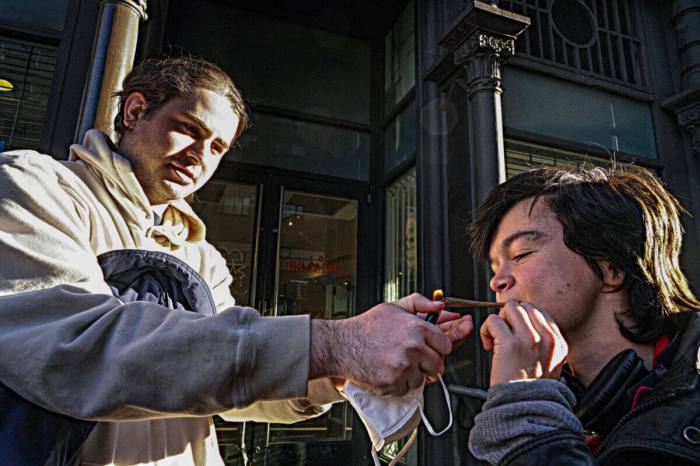BY PAUL DERIENZO | Last week the New York State Department of Health announced that five companies have been selected for licenses to grow and distribute marijuana in the state. New York now joins 23 states and Washington, D.C., that either allow medical marijuana or have legalized pot altogether.
Despite the apparent victory for pro-pot reform groups, the licenses have attracted criticism. Marijuana activists say that the law is too narrow in scope and the selection process for marijuana suppliers lacked transparency. Under the state’s Compassionate Care Act, signed last year by Governor Andrew Cuomo, medical marijuana will be limited to the five licensees, who will set up four dispensary sites each for a total of 20 pot shops serving the state’s population of nearly 20 million.
California’s law, the result of a voter referendum in 1995, uses a broader definition of caregiver and patient than New York. Almost any malady, including depression, can be used to justify the use of the drug, and unregulated dispensaries popped up all over the state.
New York’s law is much stricter, requiring potential pot patients to be certified as having a “severe debilitating or life-threatening condition,” including cancer, H.I.V. or AIDS, Parkinson’s disease, epilepsy and “any other condition added by the commissioner.” Doctors who prescribe cannabis in New York also must take a four-hour course and be certified by the state.
Dr. Howard Zucker, commissioner of the state’s Department of Health, called the licensing “a major milestone.” Cuomo had originally opposed medical marijuana in the state, but relented and signed a law that was designed to subject would-be suppliers to a “rigorous and comprehensive” review. Rules approved by the Health Department require a $10,000 application fee and a $200,000 registration fee. Despite the fees, 43 businesses applied to be one of the chosen five.
Dennis Levy is president of the New York State Committee to Legalize Marijuana, a 20-year-old organization founded to organize black and Latino AIDS patients. Levy is critical of what he branded the “corrupt, politicized and racist” process used to select the marijuana providers. He charged that the Compassionate Care Act is freezing out longtime activists who know the patient community but don’t have big-time financial backing.
Cuomo has been flip-flopping between support and opposition since his campaign for governor. Historically, the state Senate’s Republican leadership has opposed pot liberalization. But with more than 80 percent of voters in favor of medical marijuana, the opposition to pot reform cracked.
Assemblymember Richard Gottfried, has been championing a medical marijuana bill for years. He said the 20 dispensaries allowed by the state’s Compassionate Care Act is “insufficient.“ He added that the act won’t meet patient needs, “especially for very ill patients in rural areas.”
The medical pot companies are required to begin distributing cannabis within six months.
A spokesperson for Columbia Care, a company running a dispensary planned for E. 14th St., said the facility would be “pleasant, supportive and airy,” though “everything is a medical operation.”
Also, some physicians say there are other patients who can benefit from pot besides those with life-threatening illnesses.
“For the majority of my patients, medical marijuana benefits them in controlling their chronic pain,” Dr. Matthew Jackson, an Upstate internist, told Medical Daily. “It helps them not use as many narcotics. I also see the benefits to treat seizures and migraines.”
North Shore-LIJ, which operates the Lenox Health Greenwich Village E.D., applied to have a pot dispensary but didn’t make the cut.


















